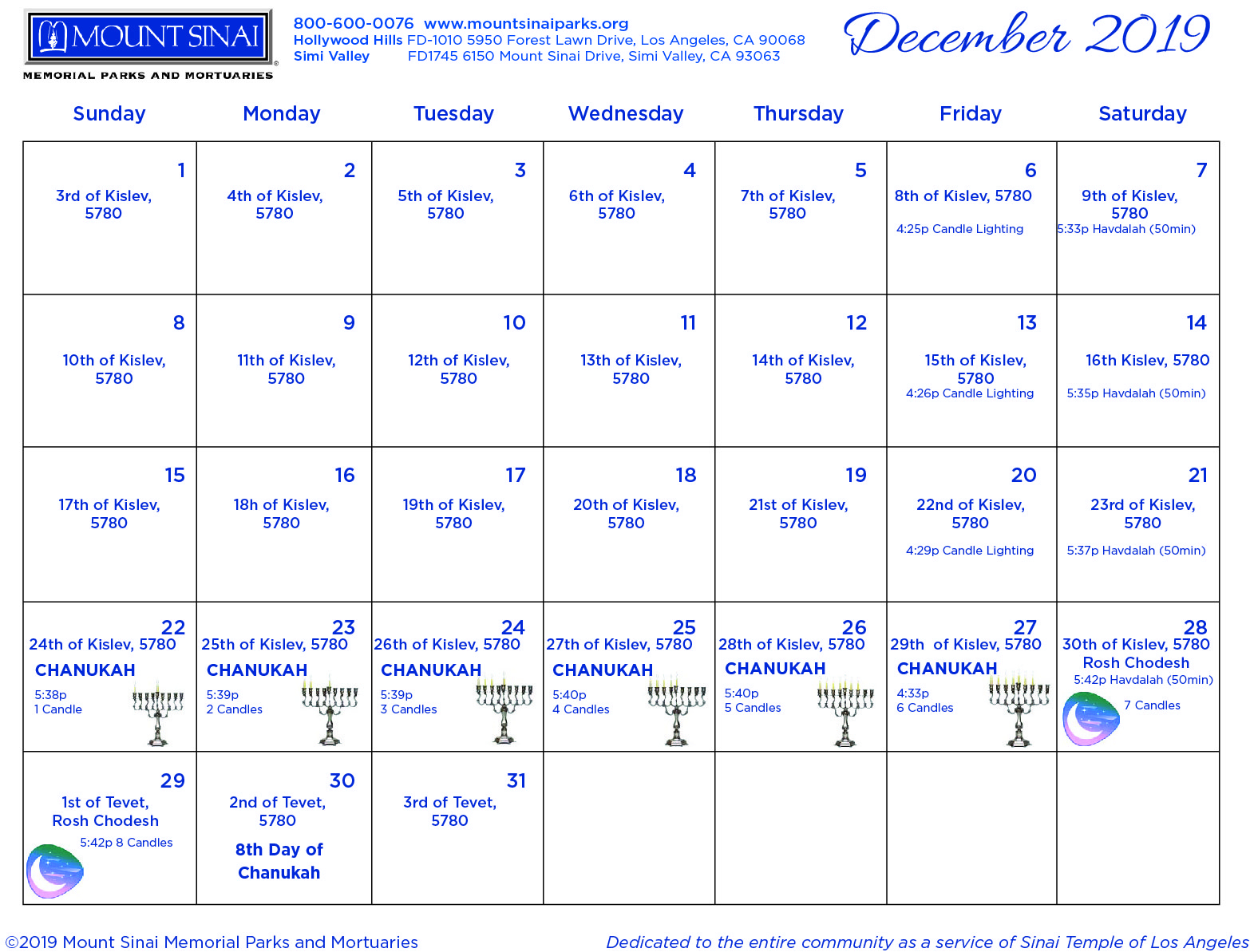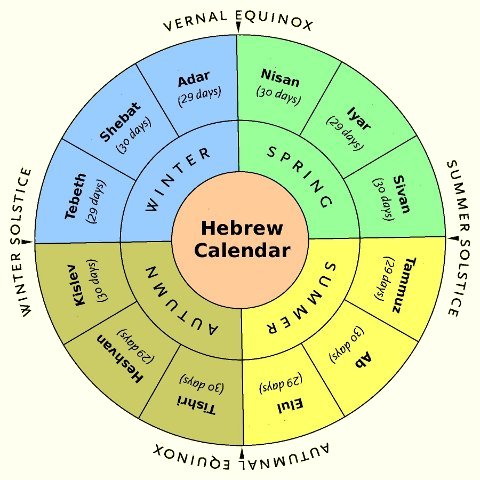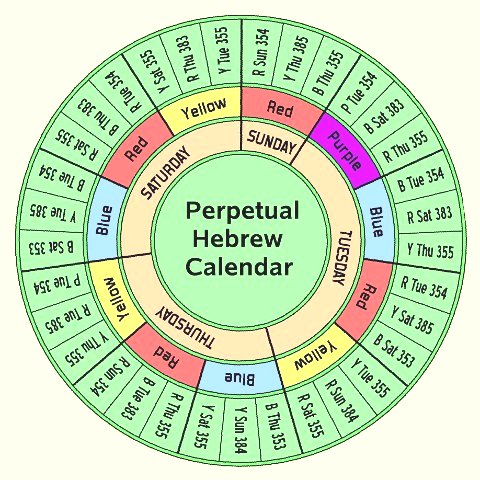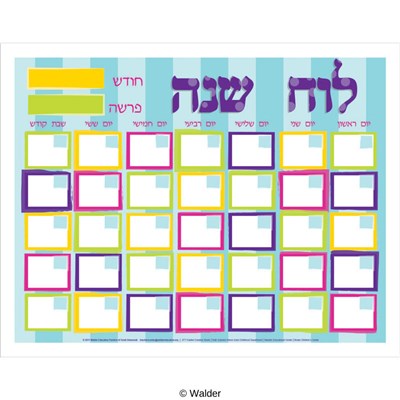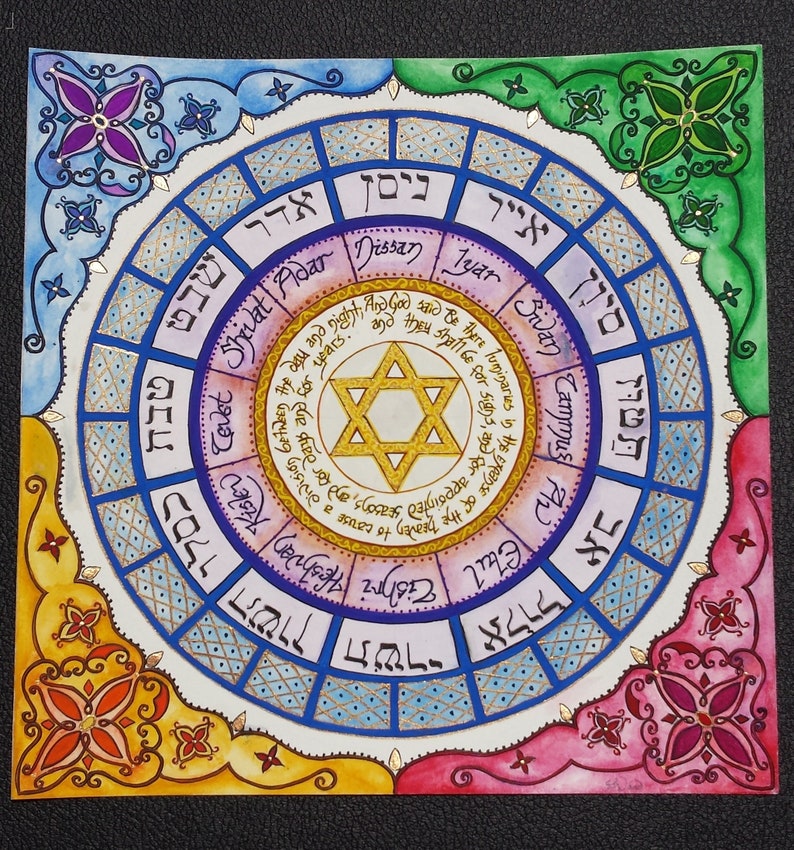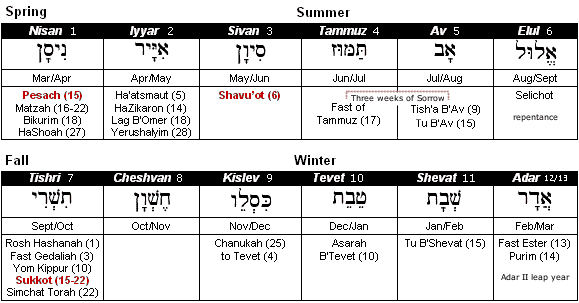Months Of The Hebrew Calendar. Download to Apple, Google, Microsoft Outlook and more. The months of the Hebrew calendar, which are based on lunar cycles, are referred to mostly by number in the Bible, but they were also given names almost identical to the names for the Babylonian months. Years in the Jewish calendar are designated AM to identify them as part of the Anno Mundi epoch, indicating the age of the world according to the Bible. Day Week Month Year List Events. Features a brief summary of key events in Jewish history, laws and customs, Shabbat times and more. The most comprehensive and advanced Jewish calendar online.

Months Of The Hebrew Calendar. Since, on the Jewish calendar, the day begins at nightfall of the previous evening, we count the omer for tomorrow's date tonight, after nightfall: "Today is forty days, which are five weeks and five days, to the Omer." (If you miss the count tonight, you can count the omer all day tomorrow, but without the preceding blessing). Years in the Jewish calendar are designated AM to identify them as part of the Anno Mundi epoch, indicating the age of the world according to the Bible. May-June Jewish holiday calendars & Hebrew date converter. 🌒 Chodesh Tov! חודש טוב 🌒. Amongst these are the special festivals that are sacred days in our Jewish calendar. The Jewish calendar starts with the day when Adam and Eve were created (the Sixth Day of Creation). The Jewish calendar is primarily lunar, with each month beginning on the new moon, when the first sliver of moon becomes visible after the dark of the moon.
We wish you a good new month of Sivan.
The most comprehensive and advanced Jewish calendar online.
Months Of The Hebrew Calendar. The Jewish calendar is primarily lunar, with each month beginning on the new moon, when the first sliver of moon becomes visible after the dark of the moon. The modern Jewish calendar is the result of centuries of mathematical, astronomical, and religious calculations. Hebrew dates are written right-to-left with the day of the month, followed by the month name, then the Hebrew year. The Hebrew calendar is a lunisolar calendar, meaning that months are based on lunar months, but years are based on solar years. The months of the Hebrew calendar, which are based on lunar cycles, are referred to mostly by number in the Bible, but they were also given names almost identical to the names for the Babylonian months. Since, on the Jewish calendar, the day begins at nightfall of the previous evening, we count the omer for tomorrow's date tonight, after nightfall: "Today is forty days, which are five weeks and five days, to the Omer." (If you miss the count tonight, you can count the omer all day tomorrow, but without the preceding blessing).
